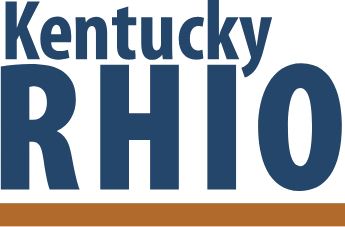Rural practices are challenged with so many different aspects of healthcare. From basic practice functions to making sure patients get the care they need (preventive, chronic and holistic), the Patient-Centered Medical Home model has everything covered.
Below are 14 reasons you should consider this model in your practice:
1. Align with where health care is headed.
Healthcare changes constantly and the PCMH model follows those changes to make sure your practice stays current.
Payers continue to move from the fee-for-service model towards rewarding integration and quality care. They are increasingly contracting with organizations that can show they have a strong infrastructure and quality improvement initiatives.
2. Integrate services across your entire organization.
Communication is key in a successful practice. The PCMH model will guide your practice to adopt communication practices that will encourage better health and less ED visits.
3. Support revenue growth.
Many federal, state and commercial payers offer incentive programs to practices that achieve NCQA PCMH Recognition.
4. Improve your practice.
Perform gap analyses and implement processes and procedures that improve care for patients and make your practice more efficient.
5. Keep staff happy.
Devoting time for implementation, training and administrative duties, on top of an already busy rural practice schedule, is extremely difficult. The PCMH model helps streamline processes and standardize procedures that keep practice staff at the top of their knowledge, skills and ability.
6. Market your practice.
NCQA publishes a list of all recognized practices and clinicians in its Recognition Directory.
Use the NCQA seal to market your accomplishment to patients and partners. NCQA can even help you distribute a press release to local press advertising your achievement.
7. Earn higher reimbursements for providers.
More than 100 payers nationwide offer either enhanced reimbursement for recognized clinicians or support for practices to become recognized.
8. Providers will succeed in the Medicare Access and CHIP Reauthorization Act (MACRA).
CMS acknowledges PCMH Recognition as a way to receive MACRA credit.
Clinicians automatically earn full credit in the Merit-Based Incentive Payment System (MIPS) improvement activities category, and are likely to do well in other MIPS categories.
9. Earn Maintenance of Certification (MOC) credits for providers.
Several medical boards award clinicians in NCQA recognized practices MOC credits, reducing the burden on clinicians to take on additional activities.
10. Providers get to focus more on patient care.
Providers invest in a lot of education to do what they are really passionate about. Caring for their community, concentrate on better care and helping people become healthier is why they do what they do.
PCMH ensures team members operate at the highest level of their knowledge, skills, abilities and license, within their assigned roles and responsibilities.
11. Patients stay healthy.
Patients tend to receive preventive services and screenings at a higher rate than patients who are not in PCMHs, helping them stay healthy.
12. Patients will have better communication.
Communication with patients and their families/caregivers is a core concept of the PCMH model, which also emphasizes enhanced patient access to clinical advice and medical records.
13. Patients will be able to manage their chronic conditions better.
According to research, PCMHs are especially helpful for patients with complex chronic conditions.
14. Patients will have a better experience.
Patients feel like they are being heard and a part of their own healthcare.
When the PCMH model is described to patients/family/caregivers, they say it is the care they want to receive.
With the help of a great team I work with and resources easily accessible, the Kentucky Rural Healthcare Information Organization is confident in helping the practices overcome any challenges, provide onsite training, and provide tools personalized for your practice. Our goal is to make your practice successful with one-on-one guidance for implementing the PCMH model.
